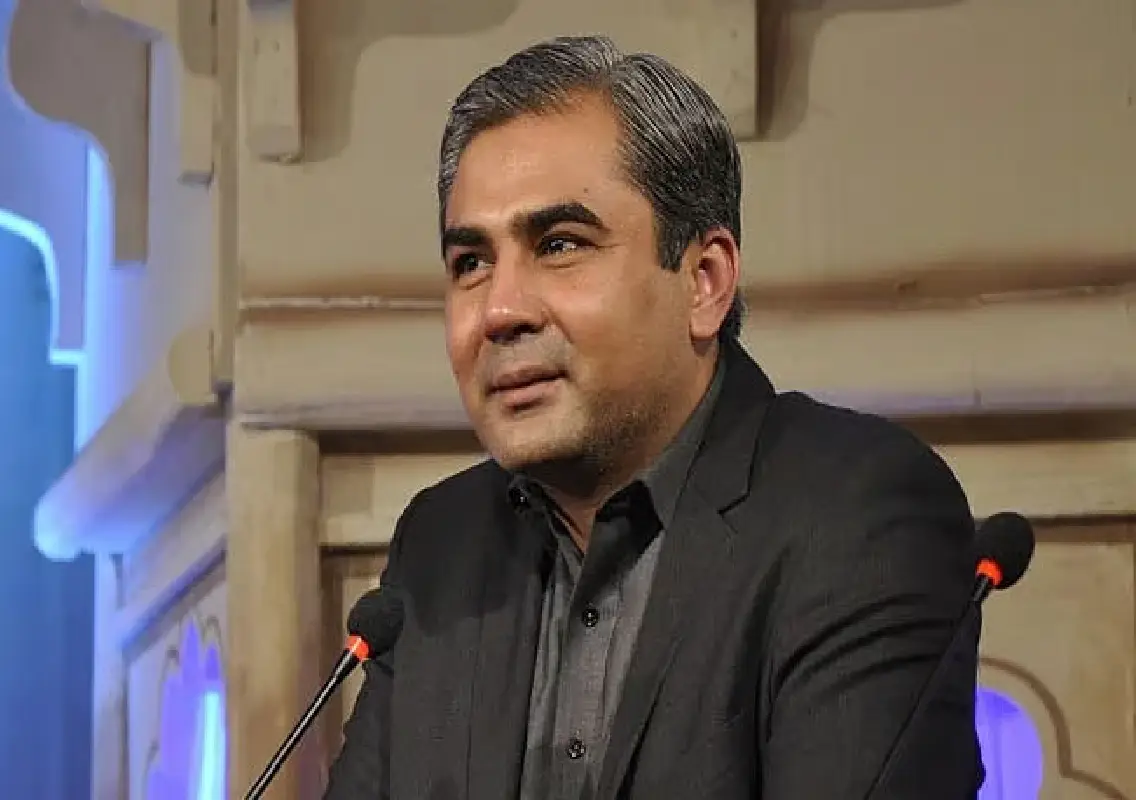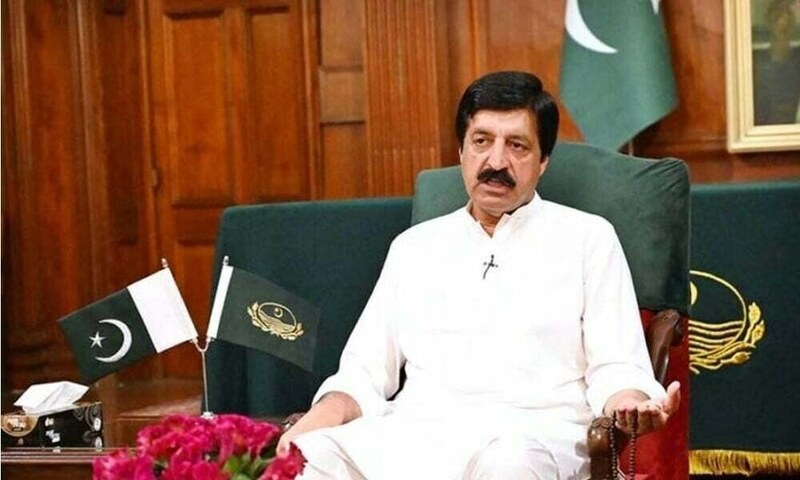By News Karnataka Editorial Team
Copyright newskarnataka

KARACHI: Pakistan Cricket Board (PCB) chief and Asian Cricket Council (ACC) President Mohsin Naqvi is set to be honoured with the Shaheed Zulfiqar Ali Bhutto Excellence Gold Medal for what organisers describe as his “principled and courageous stance” during the controversial Asia Cup trophy handover.
Recognition for a bold stand
According to a report in The Nation, the award was announced by Advocate Ghulam Abbas Jamal, President of the Sindh and Karachi Basketball Associations. He praised Naqvi for “restoring national pride” at a moment of intense political and sporting tensions between India and Pakistan.
Naqvi, who also serves as Pakistan’s Interior Minister, came into the spotlight after the Asia Cup final ceremony, when Indian players reportedly declined to receive the winners’ trophy from him — an act widely viewed as a political snub amid deteriorating bilateral relations.
In a dramatic twist, Naqvi decided to retain the trophy, later posting on social media that the Indian team was “welcome to collect it from the ACC headquarters if they truly want it.”
“No apology to BCCI,” says Naqvi
Naqvi defended his stance on social media platform X (formerly Twitter), writing, “I did nothing wrong, and I did not — and will not — apologise to the BCCI.” His comment came after reports surfaced that the Board of Control for Cricket in India (BCCI) had taken offence to his actions during the presentation ceremony.
The incident, which took place after India’s triumph over Pakistan in the final, quickly turned into a diplomatic flashpoint. Pakistani officials and supporters hailed Naqvi’s response as a matter of national dignity, while Indian media outlets criticised it as “unprofessional conduct.”
Ceremony planned in Karachi
A formal award ceremony is being organised in Karachi, with Pakistan People’s Party (PPP) Chairman Bilawal Bhutto Zardari invited as the chief guest. Event organisers have stated that the date will be finalised once Bhutto confirms his availability.
The event will be overseen by a special committee led by Sindh Basketball Association Chairman Khalid Jameel Shamsi, with Ghulam Muhammad Khan, Director Sports, Commissioner Karachi, serving as the committee’s secretary.
“This is not just about cricket,” Ghulam Abbas Jamal said in a statement. “This is about dignity, sovereignty, and the refusal to bend under pressure.”
The Asia Cup trophy row and diplomatic fallout
The Asia Cup 2025, held amid tense India–Pakistan relations, had already been marred by controversy before the final. Reports suggested that the Indian team had enforced a “no handshake” protocol with Pakistani players throughout the tournament.
The situation escalated during the post-match ceremony when Indian players chose not to accept the trophy from Naqvi, prompting sharp reactions across both nations.
The BCCI has since raised the issue during the ACC’s annual meeting and is expected to bring it before the International Cricket Council (ICC) during its upcoming session in November.
Broader political context
The trophy controversy unfolded against the backdrop of the Pahalgam terror attack, which claimed the lives of 26 Indian tourists and was blamed on Pakistan-based militant groups. India responded with “Operation Sindoor”, a series of military strikes targeting alleged militant camps across the border.
These developments have further strained relations between the two nuclear-armed neighbours, with sporting events often reflecting the political frost between New Delhi and Islamabad.
Symbolic gesture of defiance
For many in Pakistan, the decision to honour Naqvi carries symbolic weight. By refusing to apologise to India and standing firm during the Asia Cup controversy, he has been lauded as a symbol of national pride and sovereignty.
Supporters within Pakistan’s sporting and political circles argue that Naqvi’s actions demonstrated that “diplomatic pressure should not override self-respect.” The award, they say, recognises not just a cricketing episode but also a broader assertion of dignity in the face of external provocation.
The Shaheed Zulfiqar Ali Bhutto Excellence Gold Medal is considered one of Pakistan’s notable civil honours, traditionally given to individuals who have made significant contributions in their respective fields.
As preparations for the Karachi ceremony continue, the episode remains a reminder that cricket on the subcontinent is rarely just a game — it is, more often than not, a reflection of national identity and political will.



